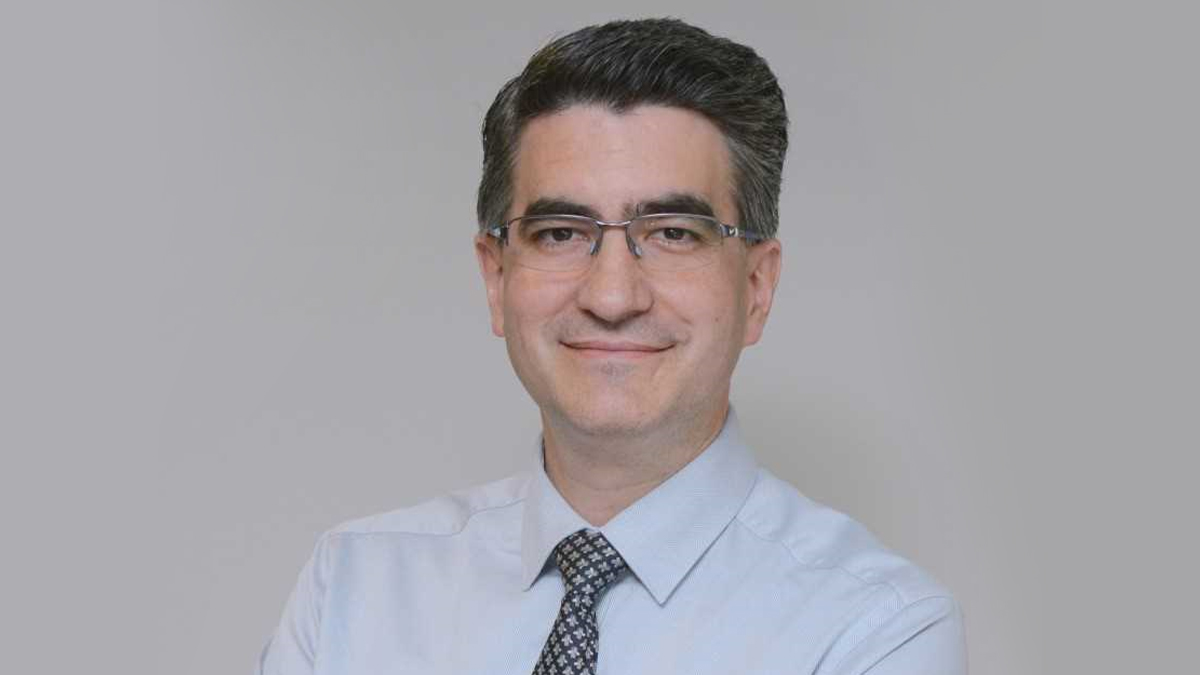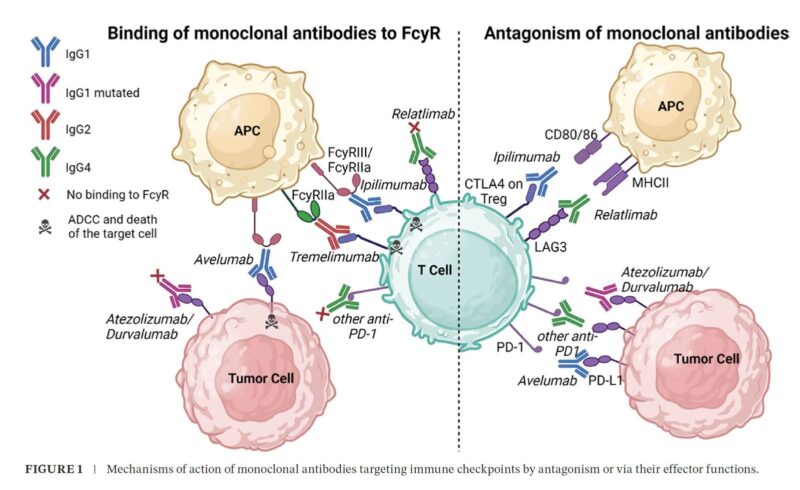
Jean-Charles Soria: How FcγR engagement influences antibody efficacy, toxicity and pharmacokinetics
Jean- Charles Soria shared on LinkedIn:
“FcγR engagement influences antibody efficacy, toxicity and pharmacokinetics:
1) Effector Functions: Critical for anti-CTLA4 to deplete Tregs via ADCC/ADCP; unnecessary for anti-PD(L)1.
2) Toxicity: Increases immune-related adverse events (irAEs) and infusion reactions
3) Pharmacokinetics: FcγR engagement influences antibody clearance and shortens half-life
4) Hyperprogression: FcγRIIb engagement may trigger immunosuppression or PD-1+ T-cell depletion.
5) Polymorphisms: FcγR variants affect efficacy Immunotherapy.”

Authors: Romane Martineau, Sandrine Susini, Aurelien Marabelle

Alvaro Sebastian, Bioinformatics consultant at Sixth Researcher, shared this post on LinkedIn, adding:
“An another example is the balstilimab, another anti-PD1, actually tested in combination with other new anti-CTLA4 mAbs for different indications as botensilimab (relapsed/refractory microsatellite stable metastatic colorectal cancer) or zalifrelimab (cervical cancer). The FC region of these antibodies has been modified to enhance ADCC for anti-CTLA4 and to prevent it for anti-PD1.”
Jean-Charles Soria serves as Amgen’s senior vice president of Oncology within Global Development. He is a medical oncologist and a professor of medicine at Paris-Saclay University. From 2017 to 2019, he was the senior vice president of Research and Development in Oncology at AstraZeneca. Additionally, Soria has authored or co-authored over 670 articles in leading international journals and has been recognized as one of the world’s most influential research scientists.
More posts featuring Jean-Charles Soria.
-
Challenging the Status Quo in Colorectal Cancer 2024
December 6-8, 2024
-
ESMO 2024 Congress
September 13-17, 2024
-
ASCO Annual Meeting
May 30 - June 4, 2024
-
Yvonne Award 2024
May 31, 2024
-
OncoThon 2024, Online
Feb. 15, 2024
-
Global Summit on War & Cancer 2023, Online
Dec. 14-16, 2023
